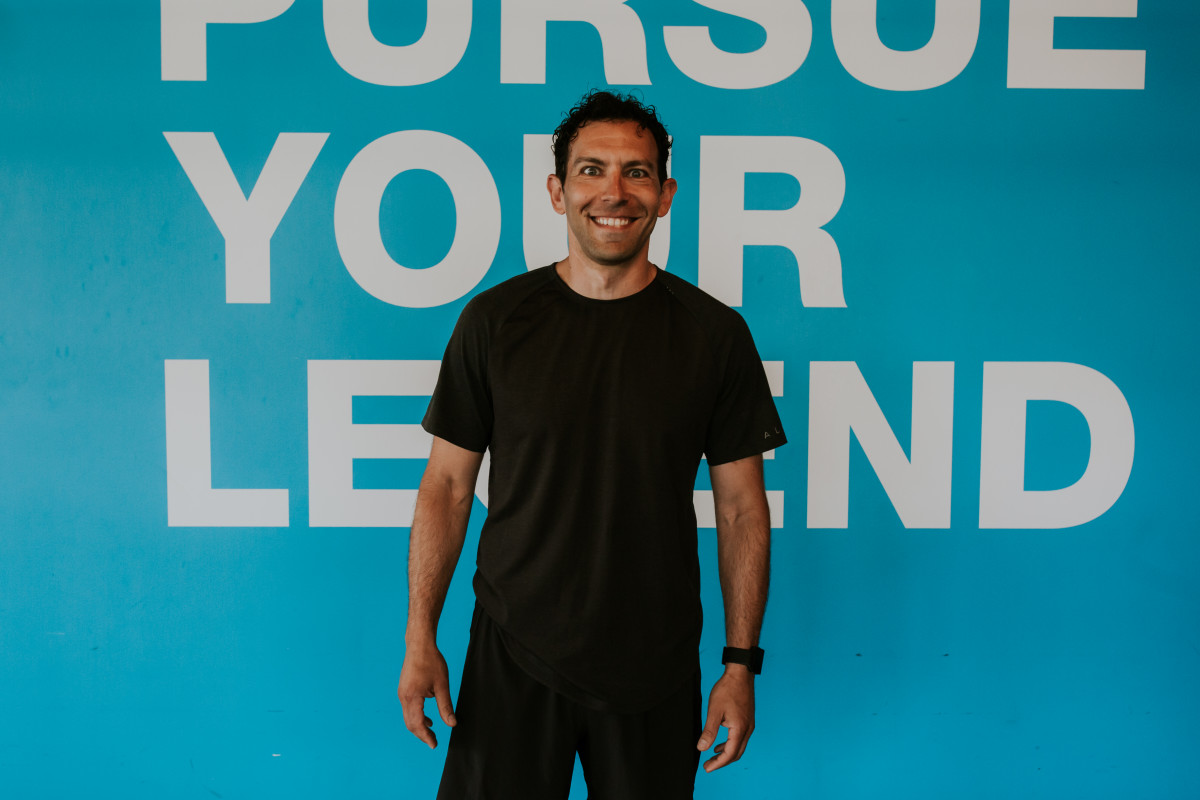“Juneteenth celebrates the end of slavery in the US. On June 19, 1865, Major General Gordon Granger arrived in Galveston, TX and announced the end of Civil War and the end of slavery. However, the Emancipation Proclamation came two and a half years earlier on January 1, 1863. Many enslavers continued to hold enslaved people captive after the announcement, so Juneteenth became a symbolic date representing African American freedom.” – www.juneteenth.com/history.htm
Between you and me, this isn’t the history I learned in school. Growing up in Minnesota, I went to predominately white schools. I hung out with a lot of white friends, was taught by white teachers, and went to church with a lot of white people. All of this didn’t decrease the love and appreciation I had for my culture (100% Cameroonian and proud) but it did distort my perspective on the level of tolerance America had for black people. As an immigrant in the US, I was taught to not make a fuss. That I should be grateful to be in a country with such freedom and possibilities of being anything I wanted to be. When I looked at my white friends, teachers, and neighbors I thought this was absolutely within reach. If I worked just as hard and did the right thing I should have just as much as them – after all, black people were freed so long ago; surely, we are all equal. As I grew older, I learned how absolutely wrong I was. Despite being “free”, I didn’t realize how deep the physical, emotional, and socioeconomic trauma was for the black community, which I knew I was a part of.
In just two short months, America has further exposed what the black community has been experiencing since that day of “freedom” in 1865. Videos have surfaced of two black men seemingly minding their business and not resisting arrest but are killed simply for the color of their skin by people who felt they had the apparent power to do so; Ahmaud Arbery and George Floyd. It wasn’t until these videos surfaced that led to public outcries that these people were at least arrested for their actions. To me these videos completely went against the America I was once taught. To me these videos show the deep-rooted hate that some people have on others just for the color of their skin. To me these videos exemplify that no matter how one carries themselves in society, one can’t behave themselves out of racism in America. To me these videos show just how far we have left to go. If you and I have access to see these types of images just by scrolling through social media, imagine what’s happening behind closed doors. In my opinion there’s so much to unravel and to undue in the current state of America. Systems like the medical, judicial, economic, public health and safety are not built for the betterment of everybody. Instead, they are built to further the agenda of inequality in order to confirm biases of the black community that they didn’t even create. As an African American, I’m exhausted. As I try to find a sense of belonging in this country, it takes senseless acts like these to remind me that I don’t quite fit in.
While I have so much to unlearn and unpack about the systematic injustices of this country, Juneteenth still means something to me. Juneteenth reminds me that black people and our accomplishments are worth celebrating and commemorating. Juneteenth reminds me that despite a nation working against me and my people for centuries, we can still be successful, be leaders, and own our own destinies. To me today is not about wallowing in self-hate but building myself up to continue to fight for justice and equality. Yes, I may take a moment and reflect on what has been done to us, but I do so willingly so that I can be fueled and figure out ways that I can do my part to prevent such events from continuing. At the end of the day, I’m proud to be black. Despite knowing I’d be treated better if I was a different race, I wouldn’t change my skin color. Wishing I were different or blending in only enforces racism and validates the notion that I can only be accepted if I look, act, and talk in a certain way. By bringing my authentic self to wherever I am and showing up is how I push the envelope of equality.
As a black person, not only do I want to promote black people who have already been brave enough to start businesses, non-profits, and other organizations, I want to create avenues for them to take up space in areas that are predominately white. As I reflect on this Juneteenth, I can’t help but think about the importance of representation and how it further pushes equality. In my opinion, it’s important that the people in position to make change are just as diverse as the people they are trying to make change for. In today’s world it isn’t enough for black people to just participate and consume – they need to be making decisions. As we ask businesses large or small to be more equal in how they’re treating their clients, partners, customers, and employees, the better question is who is in the room when decisions are being made. Following the death of George Floyd, it was clear that there are a lot of outraged citizens. I saw first-hand just how angry people were in protests and it even led to mass destruction. However, just as quickly as chaos ensued, love and a generosity quickly filled the streets as people lined up to clean the city. I was overwhelmed by the level of donations and people’s genuine care and empathy for those who suffered. While this was all beautiful, I couldn’t help but think that when donation needs are met and the streets are cleaned, my people and I will be back at square one. Unless we build opportunities for us to create and represent for ourselves, we will always be at the mercy of others and therefore will not be considered equal.
Its no secret that recent events have increased the participation of Juneteenth in 2020 more than prior years – this isn’t a bad thing at all! In fact, I welcome everyone to join in the celebration whether you’re black or an ally. What would be bad is after celebrating leaps and bounds that black people have made to get to this point, we go back to the notion that the problem doesn’t exist. That there’s so much that has already been done, that there’s no point in fighting; we can’t go back to those fallacies. As I celebrate Juneteenth and buying from black businesses, catching up with old friends, and loving every inch of melanin on my skin I’m mindful of those we’ve lost and are still finding justice for and those who are still here making change every day.
Written by Sheila Meh


